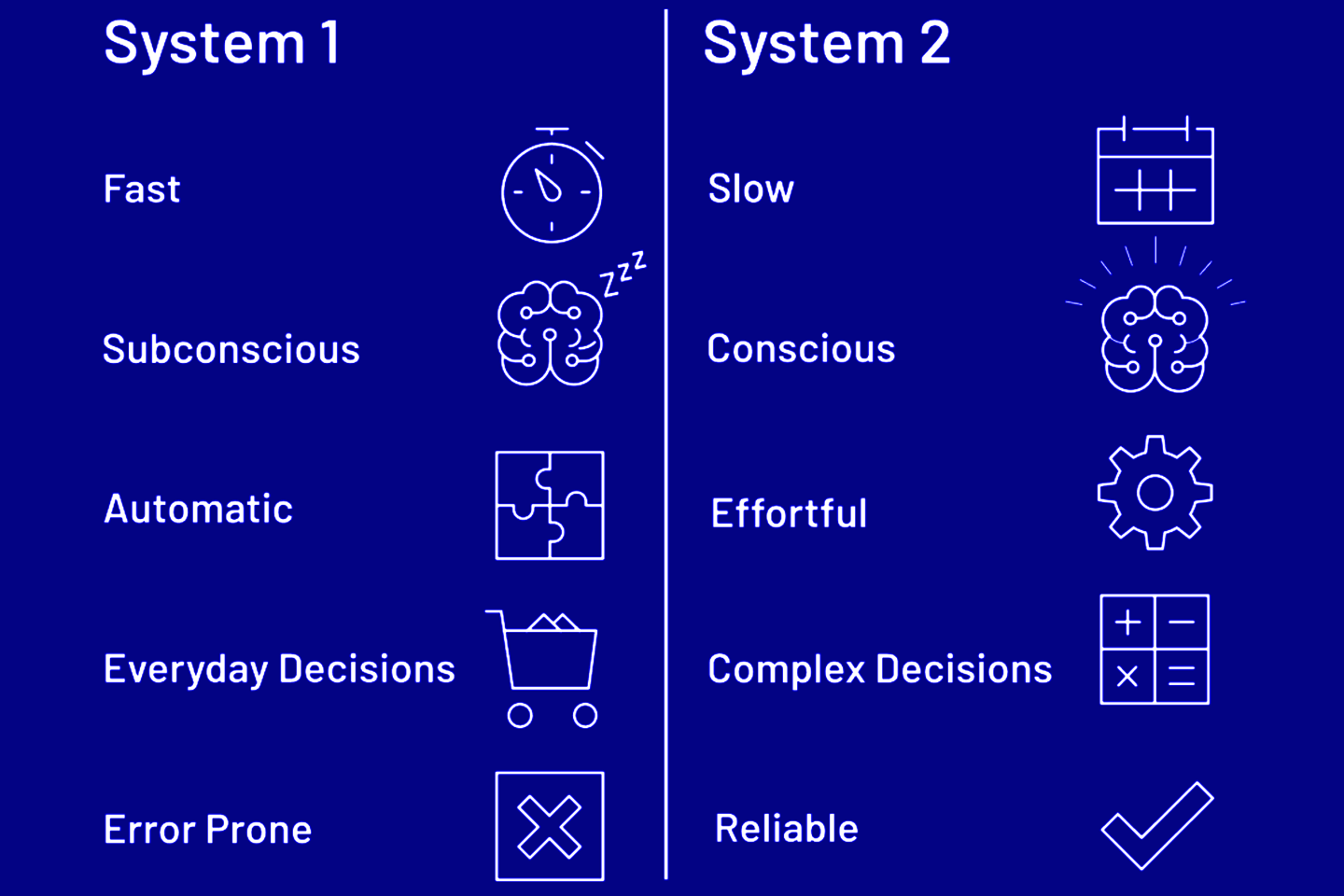HOW TO
Get the most out of our sessions.
What you do between our sessions is just as important as the calls themselves. Let's discuss the best way to use our sessions.


The key to improving your English is what you do between our sessions. During our sessions you'll likely get a lot of information, grammar tips, new vocabulary, or just new ideas for how to use English. If you're going to use these to improve then you need to find a way to integrate this new knowledge into your active, working, English. That's the English that you use every day. We're going to start by discussing specifically how to make sure that you're improving consistently between our sessions and then we'll move onto a little psychology related to why this technique works. If you'd like to see all of this information in a youtube video instead, feel free to click here to be taken to a video I made on this topic.
First, choose a specific thing from our session that you would like to improve. This could be a piece of vocabulary, a grammar point, a sentence structure, or really anything else. The key here is to get specific. The more specific you're able to get, the easier it will be to improve.
Second, get some practice with it. There are three stages to practicing a piece of English in real life.
Before an English interaction.
Remind yourself of the specific piece of English that you're working on. Remember, be as specific as you can. Looking for opportunities to use a specific word or phrase is perfect.
During an English interaction.
Look for opportunities to use your practice point. Try to use your target vocabulary or grammar more than you usually would. The more times you can use it, the more you will improve your ability to use it.
After an English interaction.
Review what happened. There are two questions that are useful here. Did you use it correctly whenever you had the chance to? Did you miss any opportunities to use it? Doing this little review with yourself after each English language interaction can really accelerate your improvement.






If you want to make this a little easier, try the coffee card method. This is a tool that a lot of the international professionals I work with have found to be really useful.
I've made a YouTube video explaining it in detail and you can click here to see it.
A quick point regarding grammar. It can be really difficult to notice all of the opportunities that you have to work on a specific grammar point, or to notice all of the mistakes that you make around that grammar point. However, there is a trick that we can use to make this easier. For a lot of people, especially higher level non-native English speakers, there are words that cause mistakes in grammar. The word "people" is a common cause of grammar problems for instance. Where this is the case, and you're trying to improve your grammar, consider just looking for more opportunities to use the word that causes you these grammar problems. This will likely give you the opportunity to work on your grammar, without the confusion of looking for chances to use specific grammar structures.
So why does this work? A lot of people I work with find that, when I show them a grammar mistake, or maybe even a piece of vocabulary, they know it however they just don't find themselves using it in real life. Often people will have a mistake that they make all the time, every few sentences sometimes. If you can recognise a grammar point, or a word being used incorrectly when it's written down and shown to you as a mistake, but you can't seem to get it right in real life then this technique is perfect for you.
What we need to do is to move this knowledge from your system two thinking over to your system one thinking. If you're making mistakes when you're speaking, but not when you're taking your time and looking at a piece of writing then this information is available to your system one brain, but not your system two brain. Our task therefore is really simple. We need to move this information over and train your system one brain to use it. The best way to do this is through the three stage process that we've outlined above.
And of course, if you have any questions please feel free to ask me in our next session!




